In a rare occurrence, astronomers have directly observed more than one planet orbiting a star similar to the Sun.
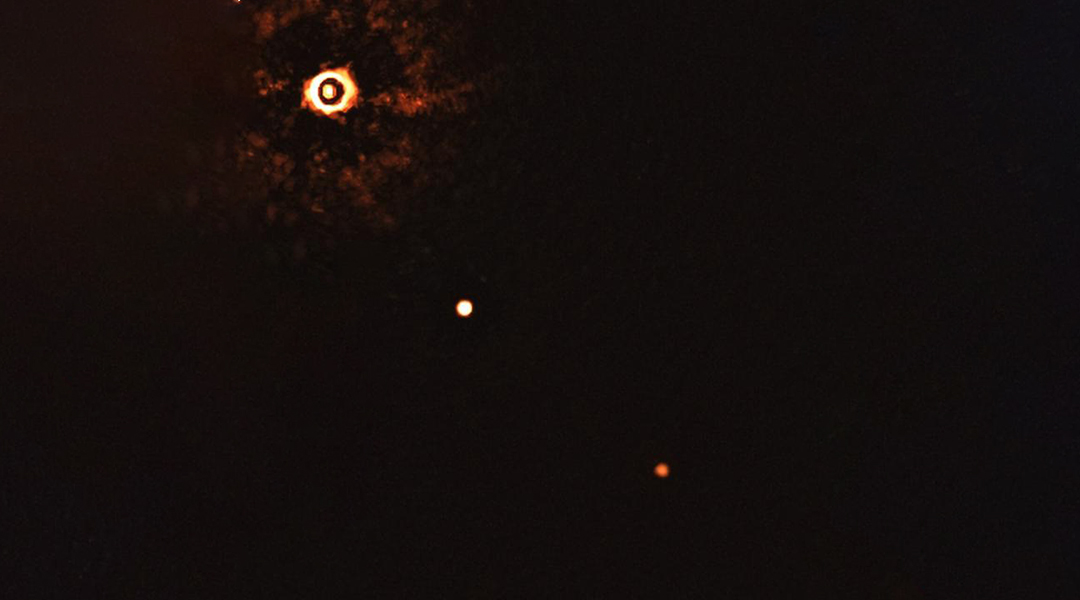

In a rare occurrence, astronomers have directly observed more than one planet orbiting a star similar to the Sun.
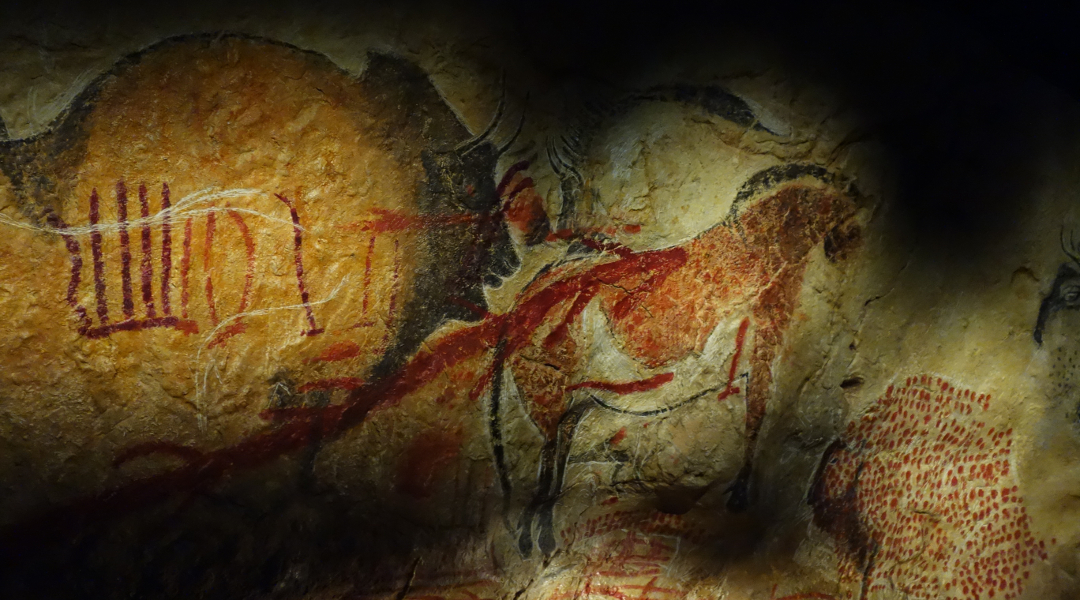
Long-term and global datasets of Paleolithic archaeologists are relevant for present climate action, and new interdisciplinary alliances are needed to exploit them.
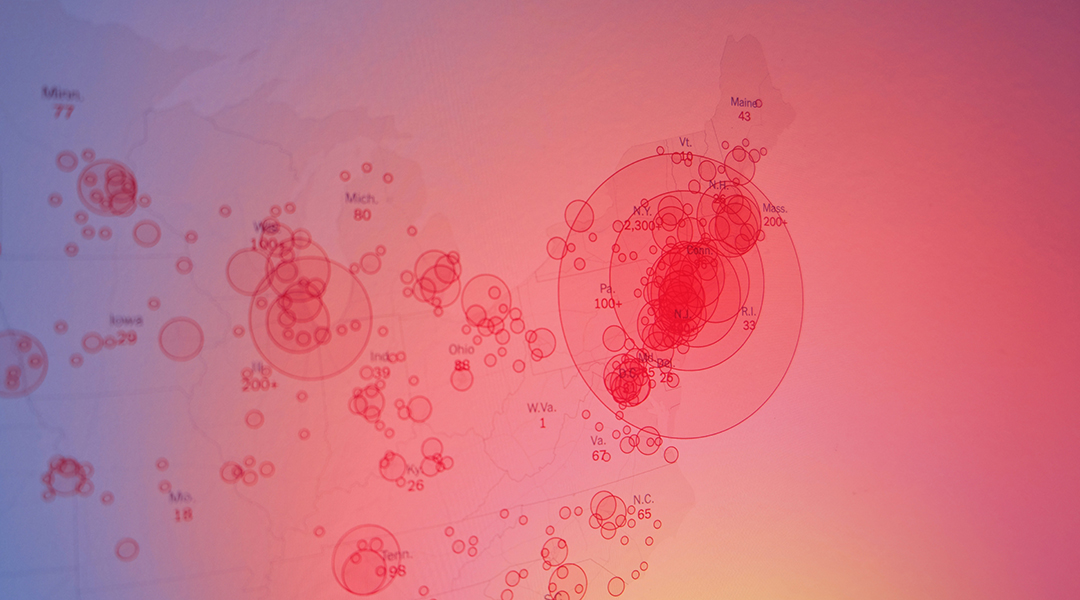
A new study estimates that one in five people worldwide have an underlying health condition that could increase their risk of severe COVID-19 if infected.
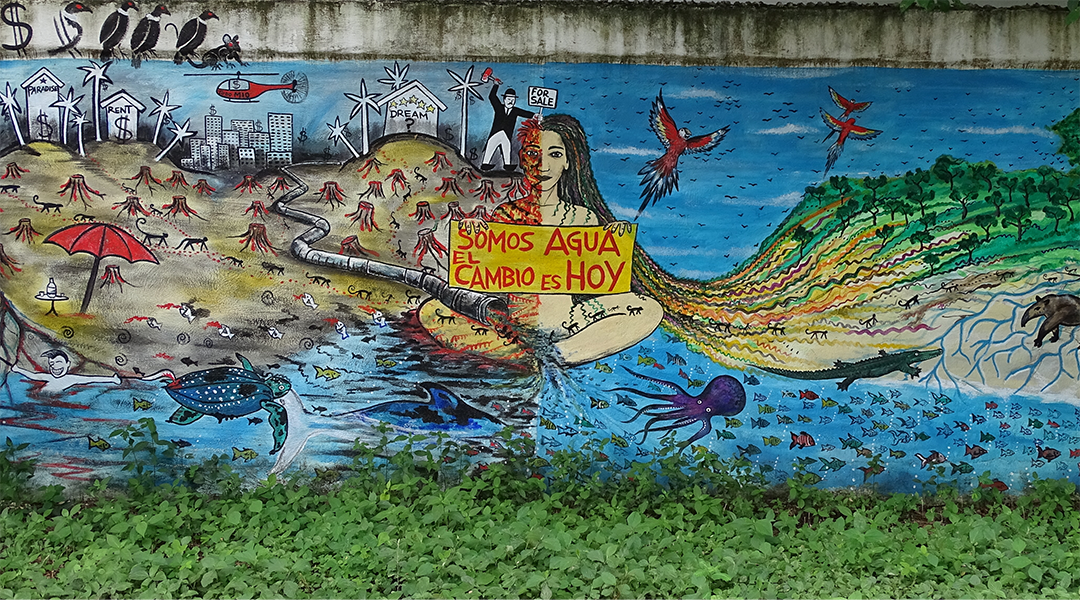
Women face greater health and safety risks when water and sanitation systems are compromised, but this has never been explored in relation to tourism.

Understanding changes to the spike protein’s structure is critical to the development of an effective vaccine.
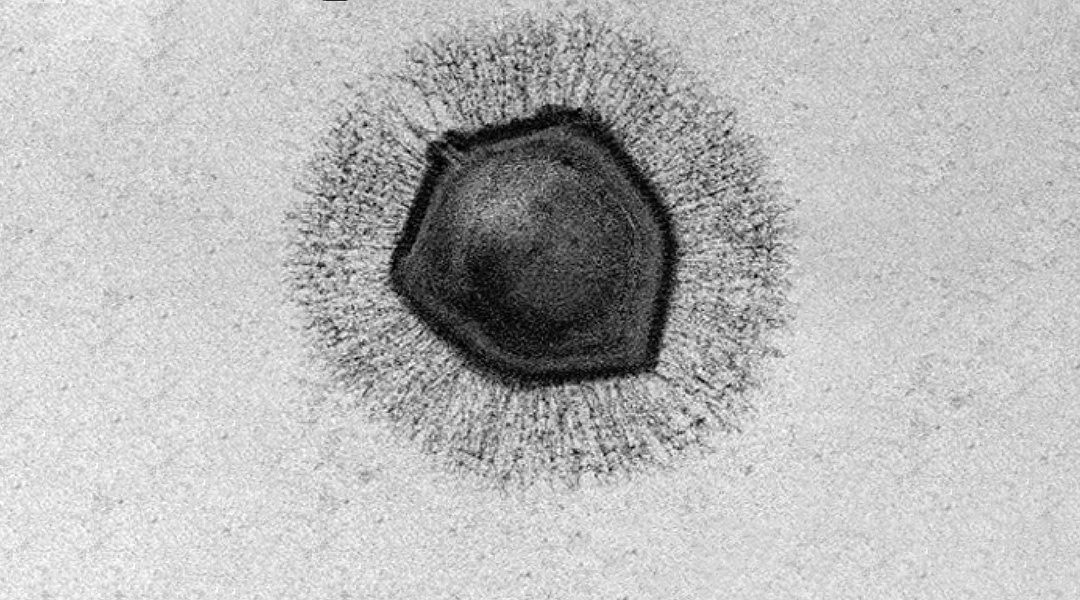
New imaging technique sheds light on the mysterious life cycle of giant viruses.

The Story of CO2: Big Ideas for a Small Molecule
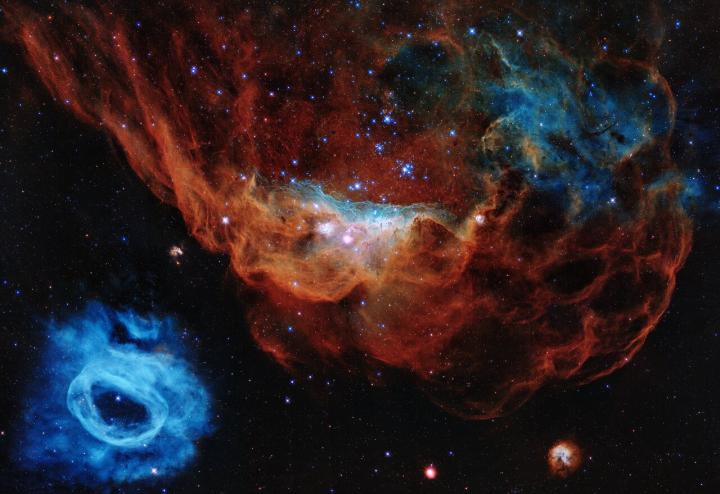
This year marks the 30th anniversary of the Hubble Space Telescope, which has opened a new eye onto the cosmos and has been transformative for our civilization.

Remdesivir, an anti-viral agent known to be effective against MERS, is already in human trials as researchers search for a treatment for COVID-19.
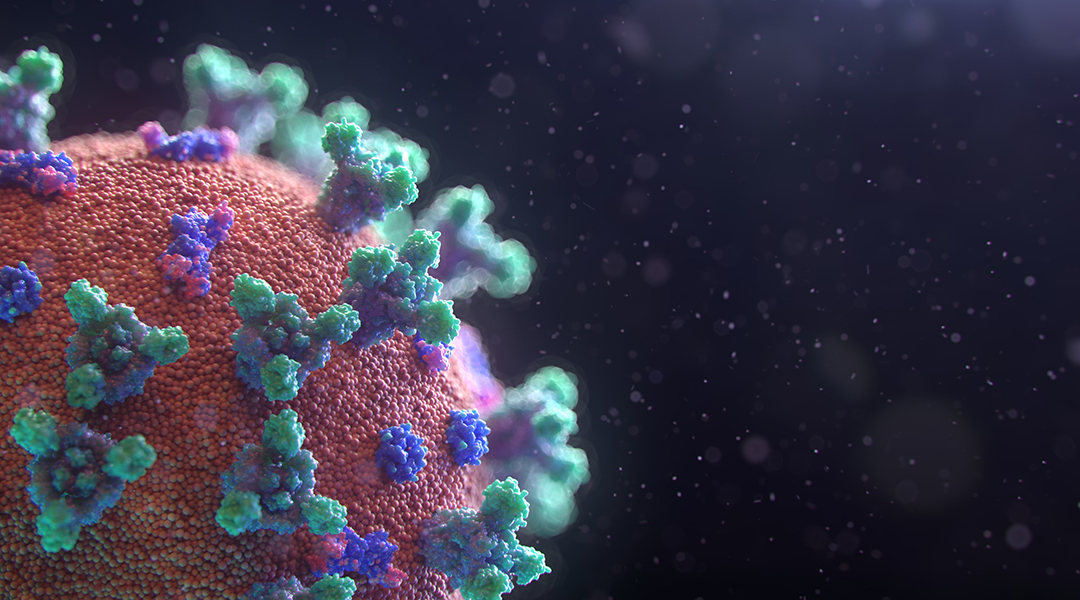
RNA elements that are found in the genomes of numerous representatives within the same virus family provide new opportunities to expand the repertoire of targets for the development of antiviral therapy.